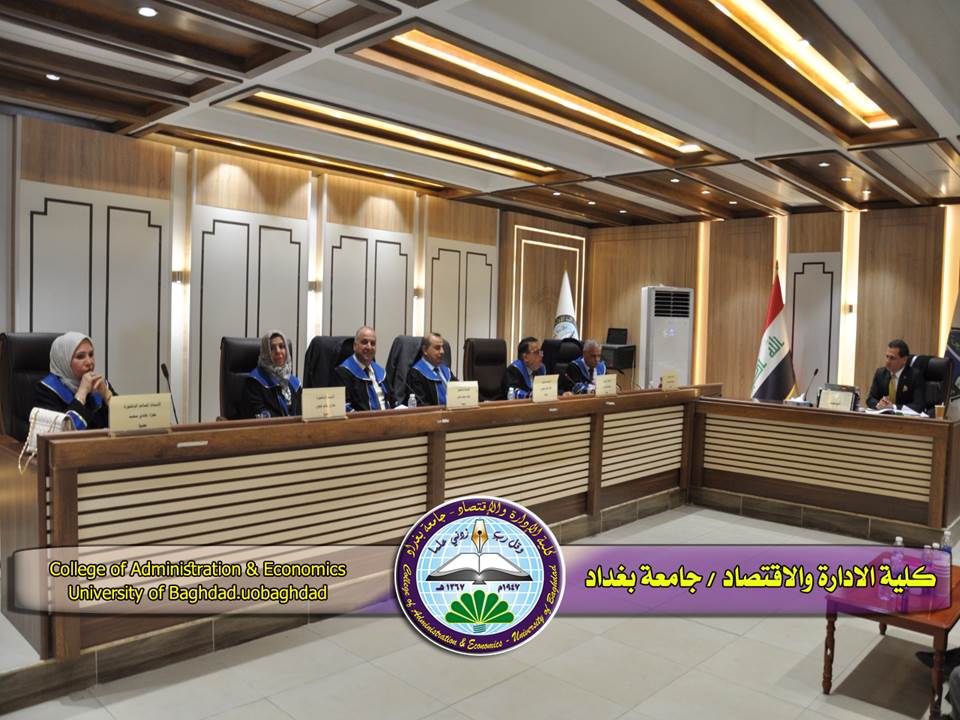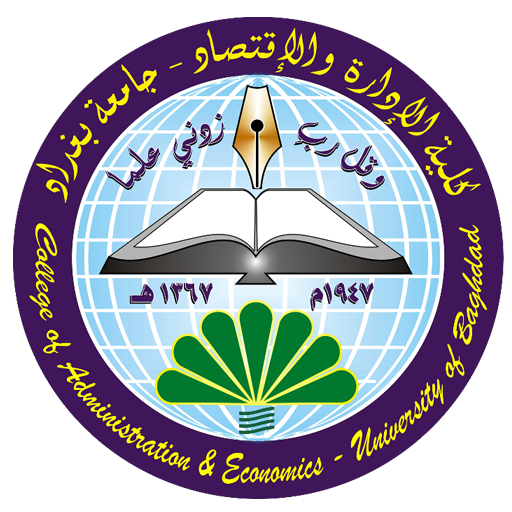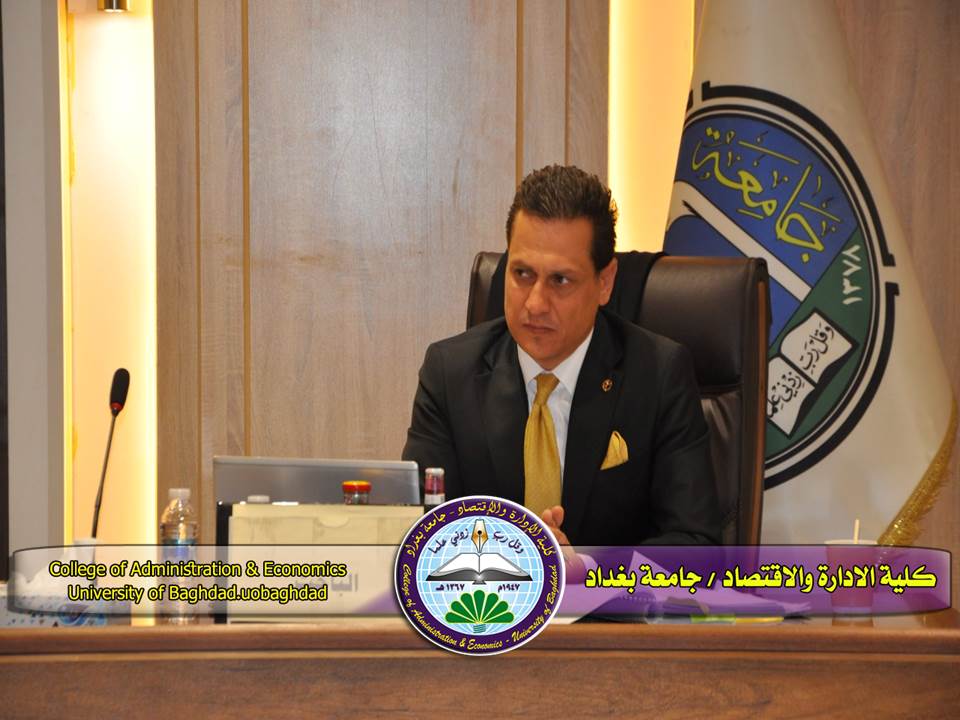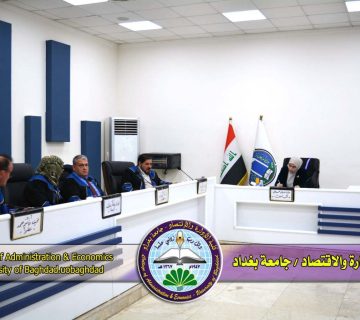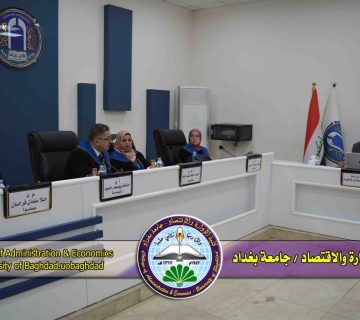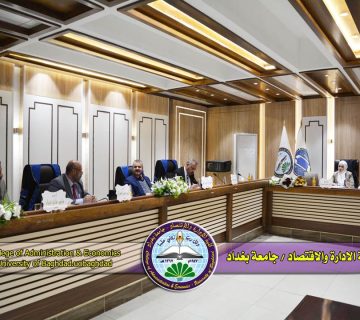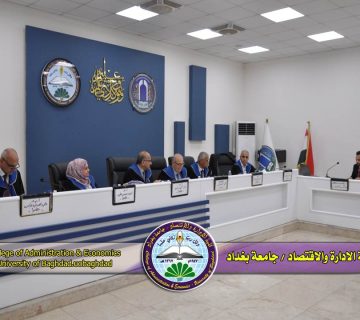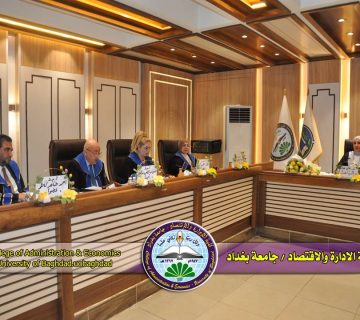The College of Administration and Economics at the University of Baghdad discussed, a PhD dissertation in field of Economic by the student (Ahmed Rahim Mousa ) and tagged with (The impact of exchange rates and interest rates on stimulating international capital flows with reference to Iraq ) , Under supervision of (Prof. Dr. Mohammed Saleh Al-Kubaisi )
The research aims to analyze and measure the impact of exchange rates and interest rates as the most prominent monetary and international variables in the context of economic globalization, which relies on openness, competition, and the use of monetary policy tools and modern financial derivatives to stimulate foreign direct investment (FDI) and foreign portfolio investment (FPI). The effect of the exchange rate and interest rate was analyzed as independent variables, with the addition of a control variable (inflation) as an explanatory variable to adjust the relationship between the independent variables and the dependent variables (foreign direct and indirect investment) for the period from 2004 to 2023 in the Iraqi economy. The study focuses on the phenomenon of capital flight since 2013 and examines the reasons for the decline, which resulted from several factors, most notably the weakness of the financial and banking system, along with the decline in political, security, and economic stability, and the low ranking of the Iraqi economy in most indicators of international institutions. This has exacerbated economic pressures and contributed to the decline in growth and economic development rates. The research is based on the hypothesis that the independent variables represented by the exchange rate, interest rate, and the control variable of inflation are stimulants and attractors for both foreign direct and indirect investment. However, the statistical and empirical results did not confirm the validity of the hypothesis, showing that the decline in the exchange rate and the rise in interest rates contributed to the decrease in foreign direct investment. Conversely, a decrease in inflation enhances the flow of investment in the short term, while in the long term, the variables had no significant effects on foreign direct and indirect investment, reflecting the weak effectiveness of monetary policy in the Iraqi economy. The research also indicates that the investment environment in the Iraqi economy depends on other structural factors such as political and security stability, the declining international ranking, and the partnership between monetary, fiscal, and trade policies in stimulating international capital flows. The research provides several recommendations, the most prominent of which is the establishment of a fund to stabilize the exchange rate, unifying the exchange rate structure, reducing the gap between the official and parallel rates, and adopting a flexible monetary policy with increased effectiveness of interest rates through the development of the financial system to face monetary shocks and achieve price stability. Additionally, it suggests improving the investment environment by developing a smart investment platform and establishing free economic zones through the adoption of flexible legislation, effective oversight, combating corruption, and enhancing security and political stability to create an attractive investment environment for foreign direct and indirect investment flows.
